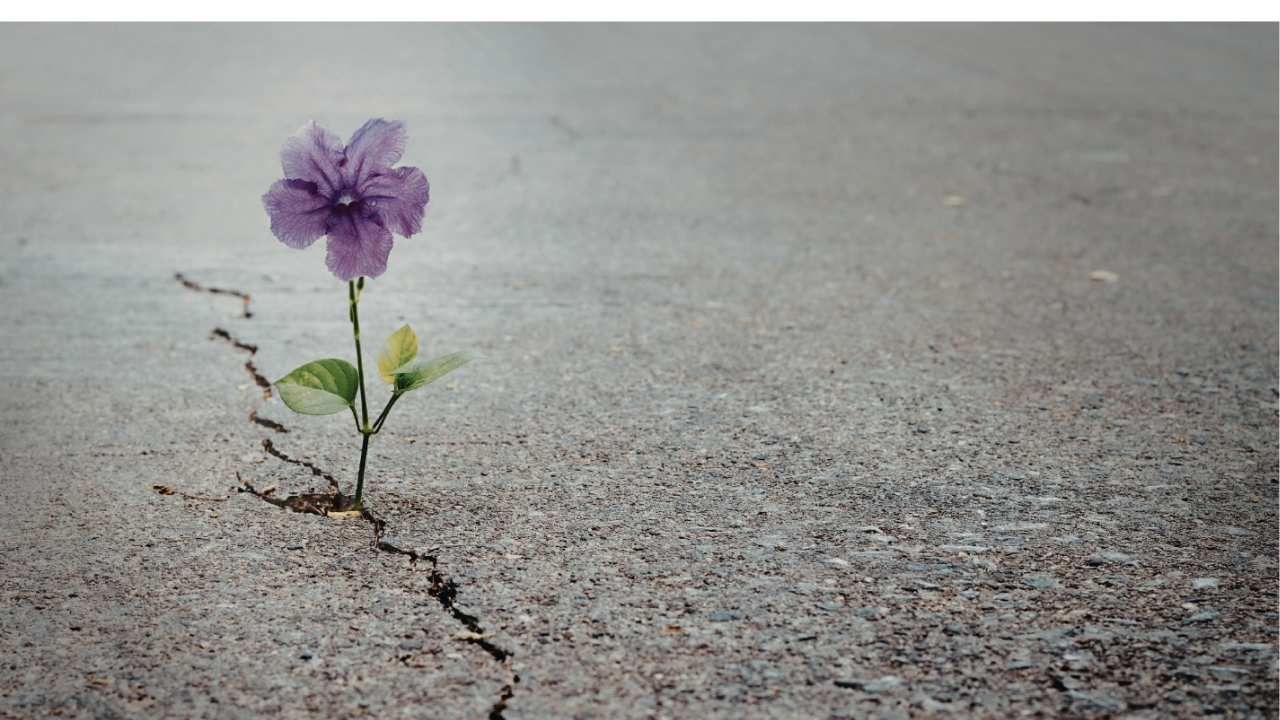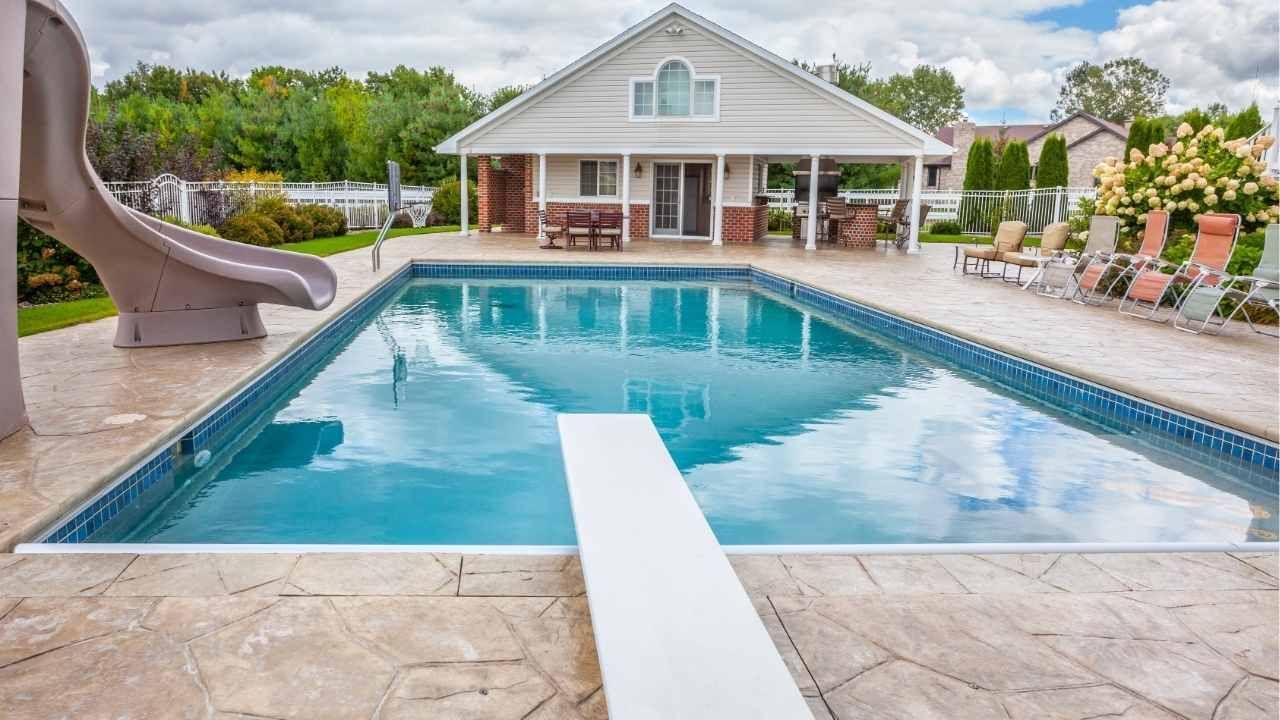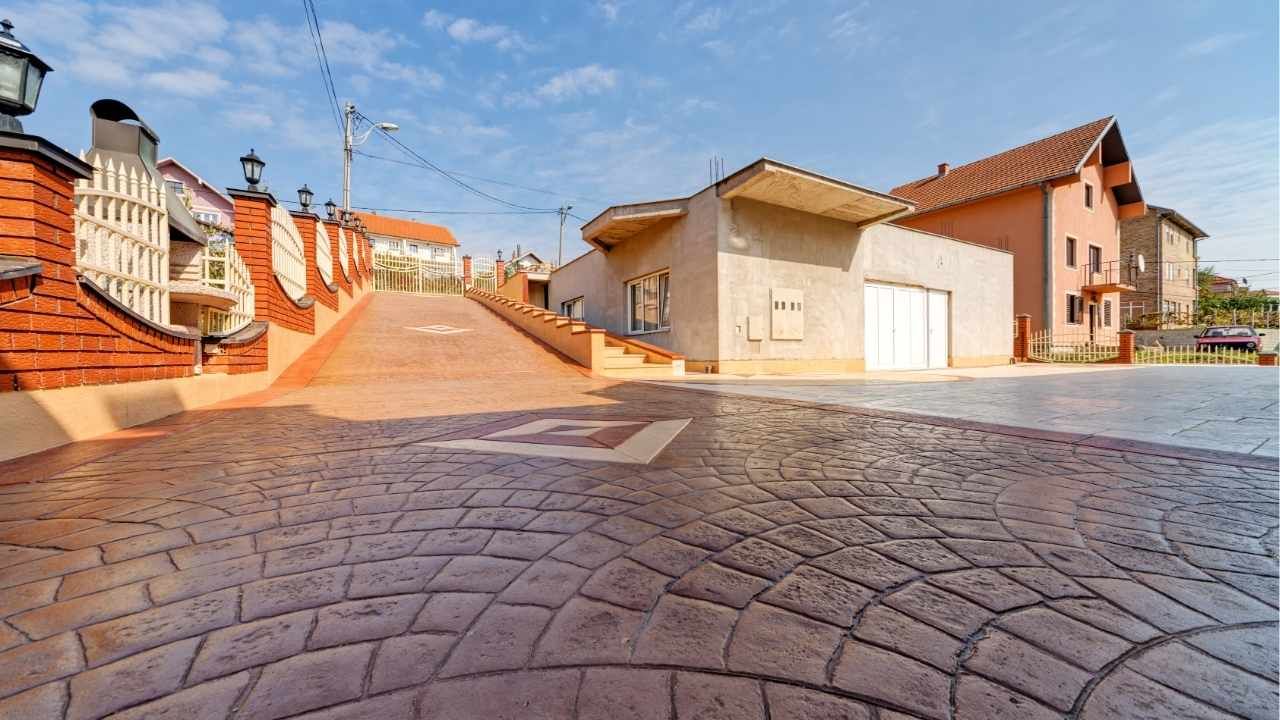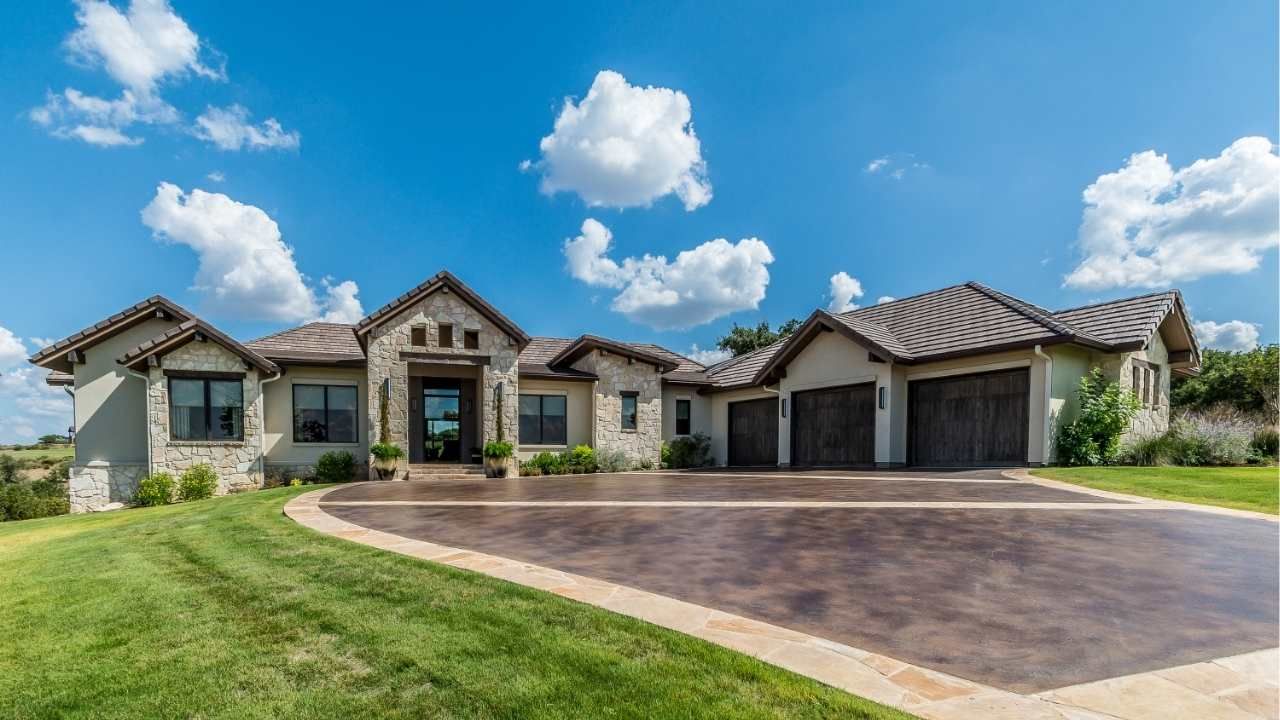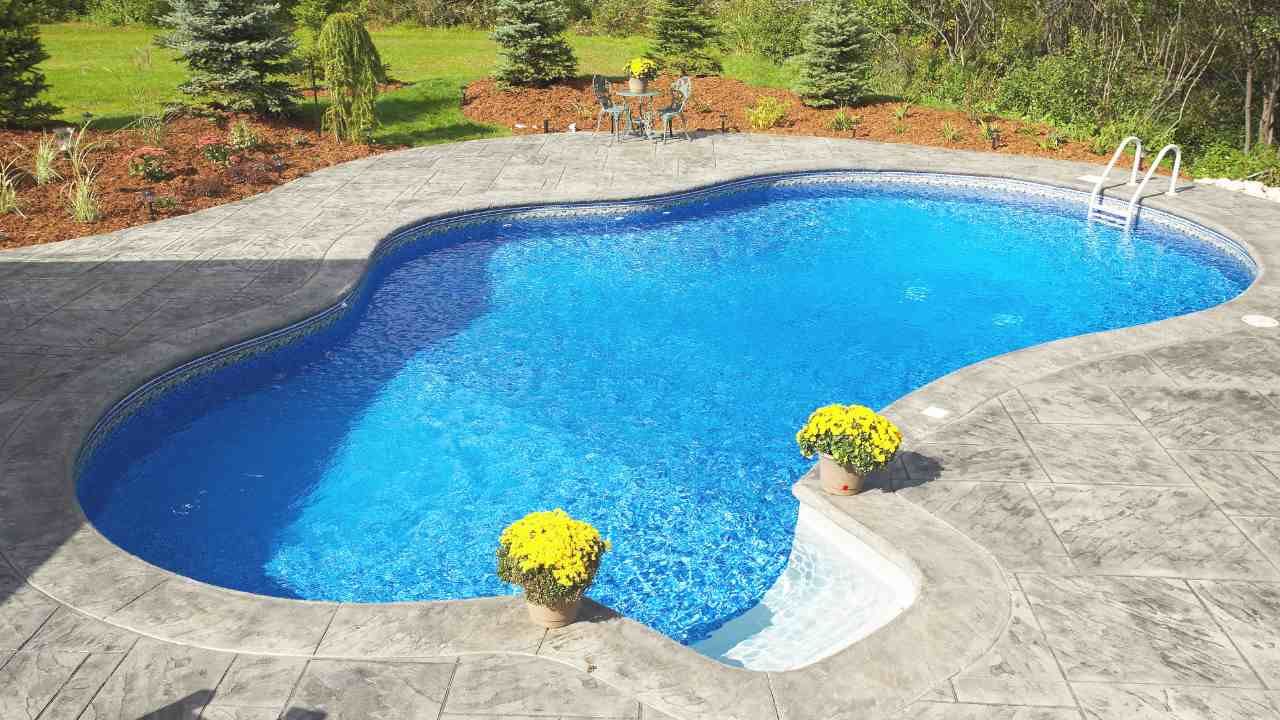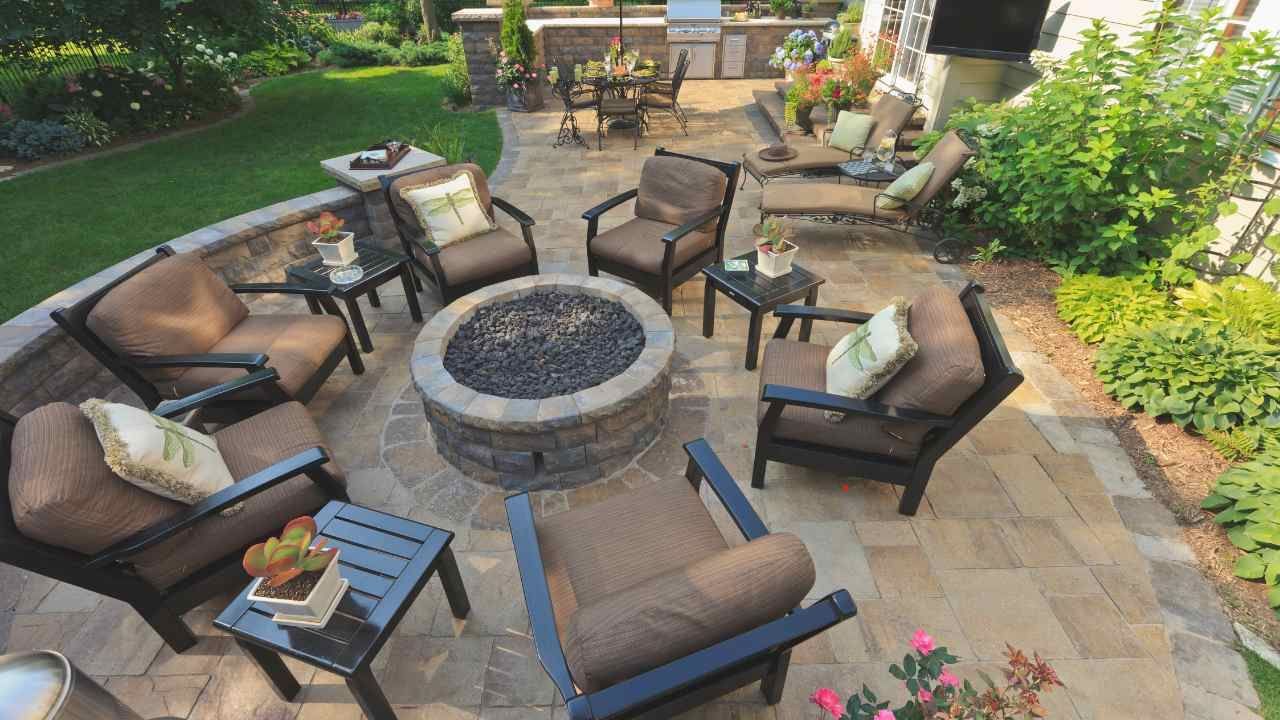How Weather Affects the Lifespan of Your Concrete Driveway
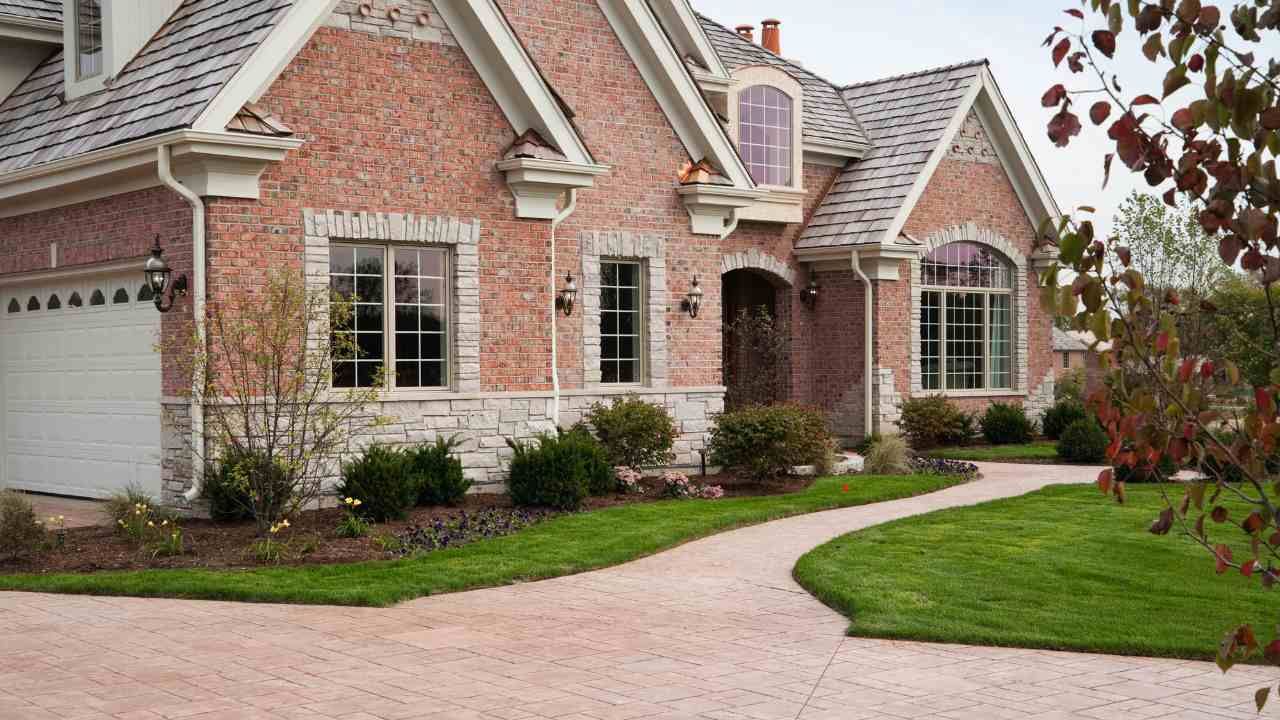
Your driveway takes more abuse than you might think — from scorching sun to freezing rain, every shift in weather quietly chips away at its strength. If you’ve ever wondered why some driveways last decades while others crack within a few years, the answer often lies in how the concrete responds to local weather conditions.
In this post, we’ll explore how different climates impact the durability of concrete, what signs to look for as your driveway ages, and how proper maintenance and professional help can dramatically extend its lifespan.
The Role of Temperature Extremes
Concrete naturally expands and contracts with temperature changes. In areas where summers are blistering and winters are mild — like Arizona — this expansion and contraction can cause surface cracks over time. The intense desert heat, in particular, accelerates the drying process of concrete, making it more prone to shrinkage.
That’s why it’s crucial to use high-quality mixes and proper curing techniques. Local professionals who specialize in residential concrete in Goodyear AZ, such as Intricate Concrete, understand how to balance the mix for maximum durability in hot, arid environments. They can also recommend the right sealants to protect against UV damage and moisture intrusion.
Rain, Moisture, and Freeze-Thaw Cycles
While Arizona doesn’t see harsh winters, even occasional rainfall can cause problems when water seeps into cracks. If temperatures drop suddenly, the trapped water expands as it freezes — a process known as the freeze-thaw cycle. Over time, this can lead to spalling, scaling, or flaking on the surface of your driveway.
In wetter or coastal regions, the constant presence of moisture can also wear away the surface layer, especially if the concrete wasn’t properly sealed. This moisture erosion doesn’t happen overnight, but it slowly weakens the structural integrity of the slab.
Regular sealing is one of the simplest yet most effective defenses against this kind of damage. Think of it as sunscreen for your driveway — it might not stop every form of wear, but it significantly slows down the aging process.
Sun Exposure and UV Damage
Just as the sun fades car paint and outdoor furniture, UV rays can also degrade your concrete’s surface. Overexposure causes discoloration and can dry out sealants, leaving your driveway vulnerable to cracking and erosion. This is especially true for driveways in regions with little shade.
Adding a light-colored finish can help reflect heat, keeping the surface cooler. In addition, choosing UV-resistant sealers and applying them regularly will protect your driveway from both fading and heat-induced stress.
Wind, Sand, and Erosion
Strong winds may not seem like a major threat, but they carry fine particles that act like sandpaper over time. In desert regions, airborne sand can wear down the top layer of concrete, gradually dulling its finish. Without proper maintenance, small abrasions can lead to rough, uneven surfaces.
For homeowners in such environments, periodic cleaning and resealing become even more important. Professional concrete services can restore your driveway’s smoothness and help prevent further surface deterioration.
Case Study: Extending Driveway Life in a Desert Climate
A Goodyear homeowner noticed their five-year-old driveway showing early signs of cracking and fading due to intense heat. After consulting Intricate Concrete, they opted for a resealing service with a heat-reflective finish and improved drainage along the edges. Two years later, the driveway looks new again, with no visible cracks or fading — proof that the right materials and maintenance make a lasting difference.
Keeping Your Driveway in Top Shape
No matter where you live, weather is a constant force acting on your driveway. Here’s how to fight back:
- Seal regularly: Every 2–3 years, or more often in harsh climates.
- Clean often: Remove debris, oil stains, and standing water.
- Inspect yearly: Catch small cracks before they spread.
- Hire pros: Local experts know your climate best.
A little attention goes a long way in preventing costly repairs.
Final Thoughts
Weather will always play a role in the lifespan of your driveway — but how you respond makes all the difference. By understanding your climate and investing in proper care, you can enjoy a strong, beautiful concrete surface for decades.
Thinking about repairing or upgrading your driveway?
Contact a
trusted concrete worker today to learn how local expertise can keep your concrete performing its best for years to come.

